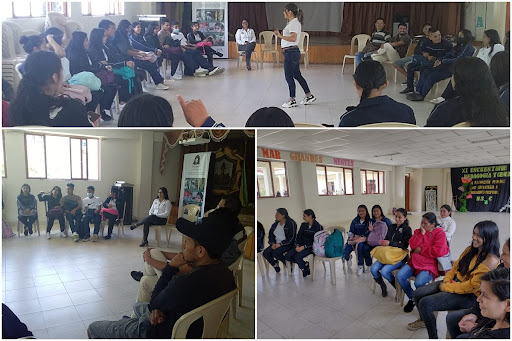
Women for Conservation has expanded our programs to a new location, in the municipality of Almaguer, Cauca in the Colombian highlands. This is an area of incredible biodiversity, as well as the site of the most important aquifer table in Colombia. W4C has already begun working in the municipality to facilitate voluntary access to family planning resources, which will both empower young people with accessible reproductive healthcare and contribute to the conservation of natural resources in this area.
This particular site represents one of the most important freshwater producing regions in the country. It is home to the Estrella Fluvial del Sur (Southern Fluvial Star), recognized by UNESCO as a Biosphere Reserve. Four of the country’s main rivers are born here: the Cauca, the Magdalena, the Patía and the Caquetá. The plateau is home to 15 páramo ecosystems, several volcanoes (including the snow-capped mountains of Huila, Puracé and Sotará), and 65 lagoons, the largest of which is the Buey Lagoon, with an area of 64 hectares.
The plateau’s total area is around 8 million acres, of which 3.2 Million are forests, 3.7 million are agro-ecosystems, and almost half a million are páramo ecosystems.
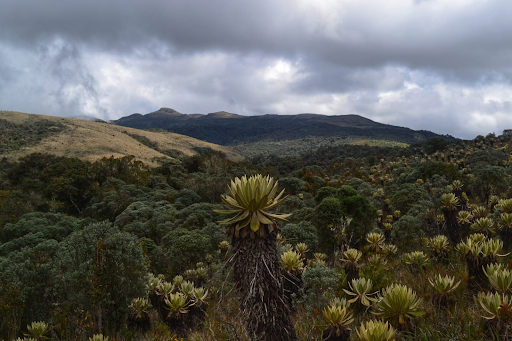
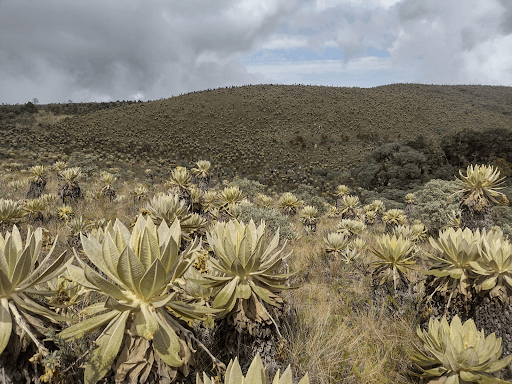
This region is home to over 150 species of birds; and in the highest parts of the plateau you can observe many diverse species. The torrent duck, the condor, the tufted eagle, the Carunculated caracara, and the Andean guan stand out. One of the most beautiful birds of the region is undoubtedly the Cock-of-the-rock or tunquí, which shares this habitat with cockatoos, thrushes, larks, woodpeckers, Toucans, hummingbirds, and cardinals, among many others.
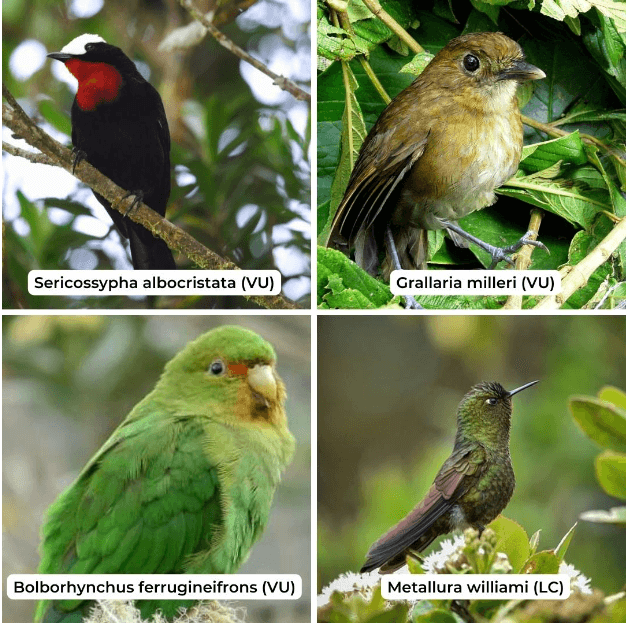
In addition, the humid environments abound with anuran amphibians (frogs or toads), among which the Atelopus ebenoides, a species endemic to this region, is worth highlighting.

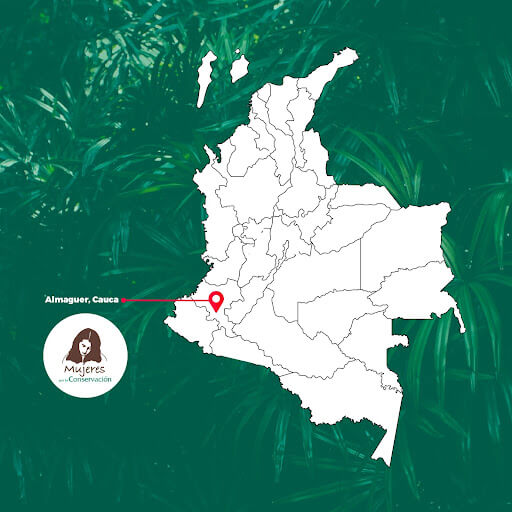
Women for Conservation will introduce new community conservation programs in Almaguer, which will mutually empower communities and protect endangered wildlife habitat. Our projects empower local people to protect nature in places like the Colombian highlands, one of the main freshwater producing regions in the country.
This year we are partnering with Profamilia to launch our Comprehensive Reproductive health education program in Almaguer’s local schools, which will reach over 1,000 students.
We will expand the existing school resources to provide young people with comprehensive sexual health education, providing them with technical and scientific resources to take responsibility for their reproductive health. This initiative will involve many community leaders, such as teachers, parents, students, and school counselors. Comprehensive sex education in schools has been proven to prevent teen pregnancy, improve community health, increase graduation rates, and break cycles of poverty.
These positive impacts for the community also translate into positive impacts for the local environment. Preventing unplanned and teen pregnancies directly reduces economic desperation, which often gives people no choice but to survive off of destructive environmental practices, such as illegal logging, slash-and-burn agriculture, cattle raising, and poaching. By supporting community wellbeing, we are also improving health outcomes, education, and the local economy, which enables people to seek eco-friendly alternatives to natural resource extraction.
In addition to youth health education, Women for Conservation will also offer men and women of this municipality voluntary access to free contraceptive procedures and resources. On November 18, 2022 we met with rural leaders to provide information on our family planning programs and to spread the word about this opportunity. We also met with the health secretary and the family commissioner of the municipality, who will help us raise awareness among the population of Almaguer.
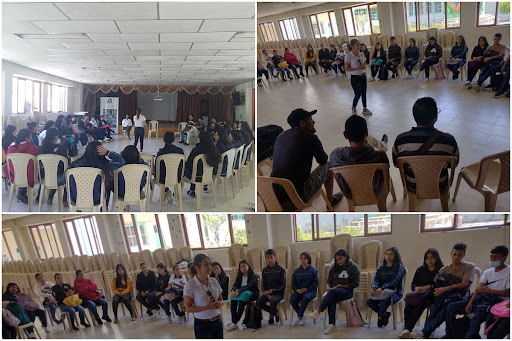
Jorge Lara, in charge of assisting the project in Almaguer, Cauca, says: “We hope that very soon all this can begin to bear fruit, to show direct and tangible benefits in these communities that have been hit hard by violence, and are also far from basic services to meet their immediate needs. This is why this alliance is essential to improve the quality of life of the people in this area”.
Through this project, Women for Conservation hopes to improve the socio-economic conditions of the community and extend this program to other municipalities in the Colombian highlands, a fundamental ecosystem for Colombia that must be protected and preserved in partnership with the inhabitants of this territory.
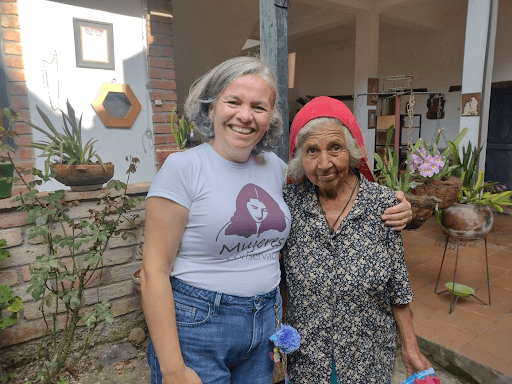
We empower communities to improve their quality of life in ways that support nature conservation


